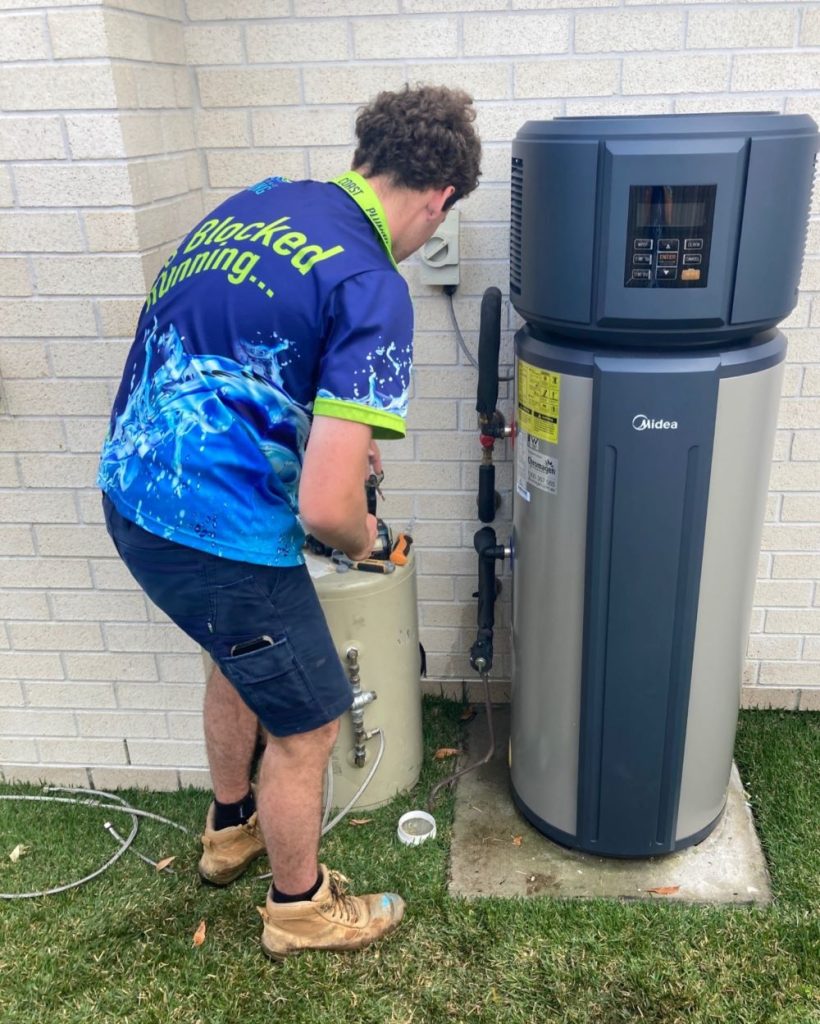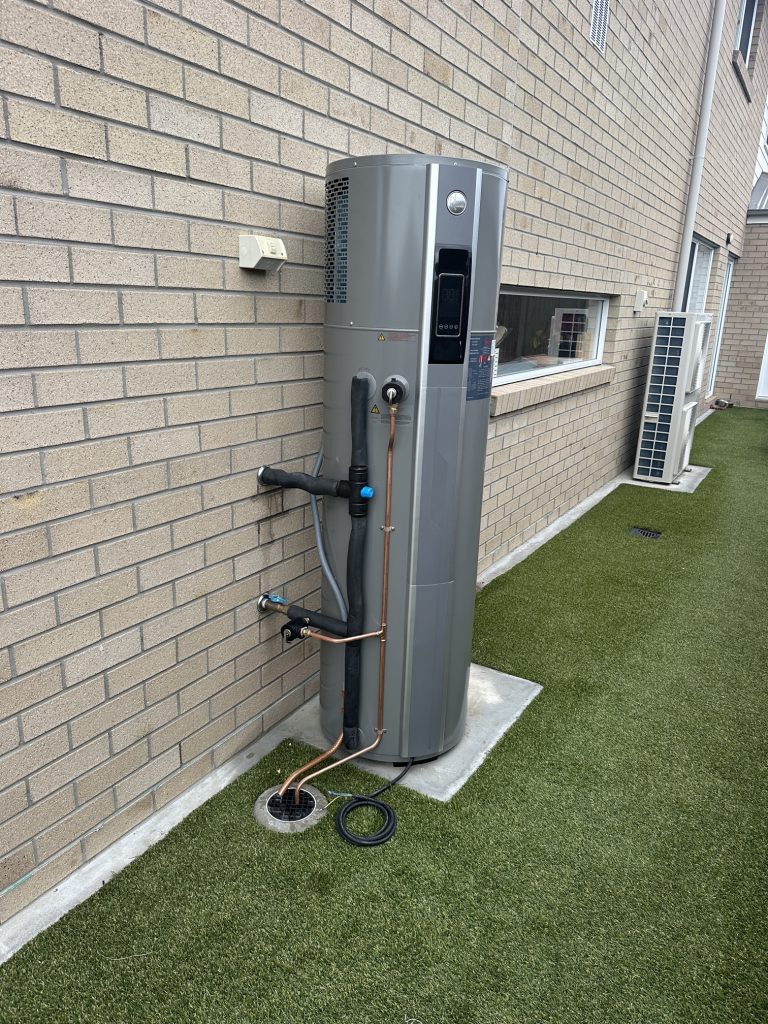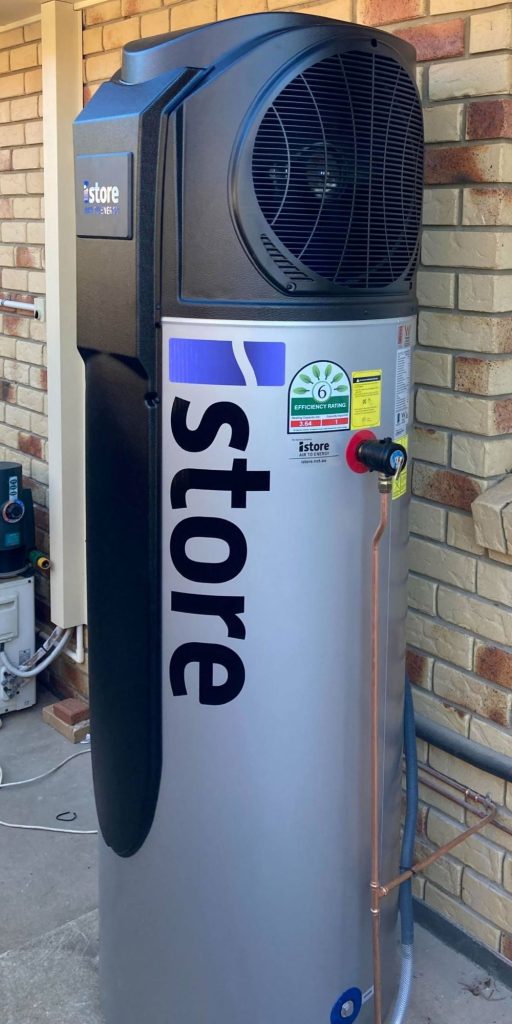Navigating the Complexities of Choosing Hot Water Systems for Queensland’s Unique Climate
Choosing the perfect hot water system for your residence in Queensland involves a comprehensive understanding that extends beyond merely selecting a well-regarded brand or assessing water capacity. It requires a meticulous evaluation of several critical factors, including the local climate, humidity levels, electricity tariffs, and your household’s daily water consumption patterns. With the relentless rise in energy costs, many homeowners are now gravitating towards heat pumps due to their remarkable energy efficiency and environmental benefits. However, it’s crucial to acknowledge that these systems may not be universally applicable across different property types. Therefore, a thorough assessment of all pertinent factors is essential to guarantee the optimal performance and longevity of your hot water solution.
This article provides an in-depth exploration of how heat pumps function amid Queensland’s diverse climate conditions, identifies which home types can fully capitalize on these advanced systems, and dispels common misconceptions that could result in inadequate performance or inappropriate system choices.

Maximizing Heat Pump Efficiency in Coastal Queensland Environments
Heat pump water heaters operate by extracting thermal energy from the ambient air. Their efficiency significantly increases as ambient air temperatures rise. In the coastal areas of Queensland, especially in popular locales such as the Sunshine Coast, Brisbane, and the Fraser Coast, the average air temperatures consistently remain above 5°C, even in winter. This stable warmth allows heat pumps to function effectively throughout the year, eliminating the necessity for electric boosting or supplementary heating elements that are often needed in cooler climates. By tapping into this natural energy source, homeowners can benefit from lower energy bills and a reduced carbon footprint.
Key Environmental Aspects That Enhance Heat Pump Functionality
| Factor | Effect on Heat Pump Performance | Efficiency in Coastal QLD |
|---|---|---|
| Average ambient temperature | Higher temperatures lead to more efficient operation | ✓ Consistently maintained above 5°C |
| Humidity levels | Moderate improvements in performance | ✓ Generally high and stable |
| Access to off-peak electricity | Results in lower operational costs | ✓ Widely available in most regions |
| Roof shading | Not a significant factor for efficiency | ✓ No detrimental impact on system performance |
| Direct sunlight exposure | Not essential for functionality | ✓ Operates efficiently in shaded conditions |
Recognizing Scenarios Where Heat Pumps May Not Perform Optimally
While heat pumps present numerous benefits, there are specific circumstances in Queensland where their performance might fall short of expectations:
- Inland or elevated regions
In areas such as Toowoomba or the Hinterland, nighttime temperatures can plummet during winter months. In these instances, certain heat pump models may struggle to maintain ideal efficiency without the assistance of a booster element, which can lead to increased energy consumption and higher costs. - Limited or poorly ventilated outdoor spaces
Heat pumps require sufficient airflow around their compressor units to function optimally. In confined or enclosed locations, the efficiency of heat extraction may diminish, and operational noise could escalate, potentially causing disturbances for nearby residents. - Large households with significant hot water demands
For homes with more than six residents, systems that offer enhanced water storage or faster recovery times, such as solar-boosted gas solutions, may prove more effective in efficiently meeting high hot water needs.
Debunking Common Misconceptions About Heat Pumps in Queensland
“They become ineffective during winter.”
This belief may be valid for colder southern regions; however, it does not hold true for Queensland. In locations where average temperatures consistently exceed 5°C, heat pumps maintain their efficiency year-round, delivering reliable hot water solutions even in cooler months.
“Solar panels are essential for heat pumps to operate.”
This assertion is misleading. While heat pumps can operate independently of solar photovoltaic (PV) systems, combining them with solar energy can indeed enhance your energy savings and support sustainable practices.
“Heat pumps are excessively noisy and disruptive.”
Modern heat pump systems are engineered to operate much more quietly than their predecessors. When installed correctly in well-ventilated spaces, the noise produced by the compressor unit is typically minimal, ensuring a comfortable living environment.
Proven Strategies for Optimizing Heat Pump Installation and Performance in Queensland
- Select a system tailored for Australian conditions
Opt for models that boast high-efficiency ratings and reliable local support, like istore or Stiebel Eltron, which are well-known for their performance in the Australian climate. - Install in a well-ventilated but shaded area
While heat pumps do not need direct sunlight, they do require adequate airflow around the unit to function efficiently and effectively. - Utilize timers or smart controls
By programming the system to operate during solar power generation or off-peak electricity hours, you can significantly boost energy savings and minimize costs. - Ensure your system is properly sized
A capacity of 250–300 liters is typically sufficient for the needs of most households. An undersized system can lead to performance issues and increased reliance on boosting mechanisms, which ultimately raises energy consumption.
The Vital Role of Local Expertise in Achieving Successful Heat Pump Installations
The installation of a heat pump necessitates a personalized approach to yield the best results. Optimal outcomes are achieved by collaborating with a local plumber who has extensive knowledge in:
- Performance tailored to local climate conditions, ensuring maximum efficiency
- Eligibility for rebates such as Small-scale Technology Certificates (STCs) and various Queensland government incentives aimed at promoting energy efficiency
- Optimal placement and ventilation strategies for the unit to enhance performance
- Integration with solar PV systems or battery storage solutions, if applicable, to maximize overall energy efficiency
At Creek to Coast Plumbing, we specialize in providing and installing high-performance hot water systems, including heat pumps, across the Sunshine Coast and Moreton Bay regions. Our dedicated team is prepared to assist you in determining which hot water service best aligns with your needs. As the demand for energy-efficient hot water solutions continues to grow, many individuals are considering solar options in comparison to heat pumps. We will evaluate your home’s specific conditions, recommend the most suitable system, and ensure you are set up for maximum efficiency.
Discover more about our Heat Pump Hot Water Installations or connect with us for a customized recommendation that meets your specific requirements.
The Article: Heat Pumps in Queensland: Effective Solutions and Pitfalls first appeared on https://writebuff.com
The Article Heat Pumps in Queensland: Benefits and Challenges Explained Was Found On https://limitsofstrategy.com
The Article Heat Pumps in Queensland: Exploring Advantages and Drawbacks First Appeared ON
: https://ad4sc.com


No responses yet